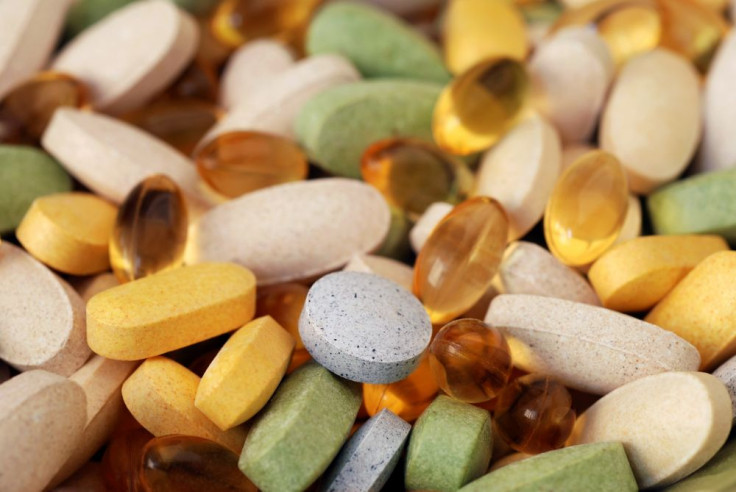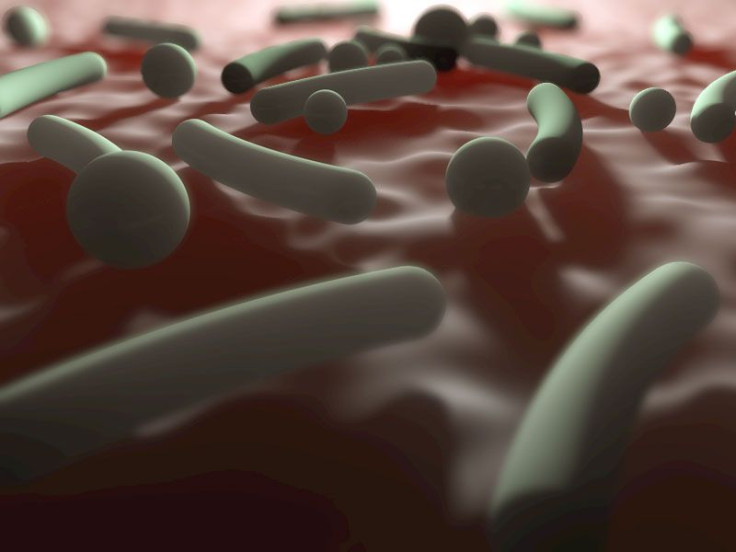How To Prevent Acne: Vitamin B12, Found In Meat And Dairy, Alters Bacteria And Leads To Pimples

Read this and weep: Acne affects more than 80 percent of teens and young adults globally. While acne is not life-threatening, it is certainly self-esteem-threatening. A new study from UCLA finds vitamin B12 alters the activity of Propionibacterium acnes, which causes it to secrete an inflammatory compound leading to pimples.
For those of us who do not work in laboratories, this explanation is far from simple, but the takeaway is simple: Based on this new knowledge, scientists should be able to create new treatments for acne.
An entire colony of both symbiotic and pathogenic flora and microbes (known collectively as your skin microbiota) makes its home on your skin. Acne vulgaris (the scientific term for acne) begins and ends with your hair follicles, skin compartments where resident skin bacteria freely interact with your own human cells. For some time, scientists have linked acne to a single dominant bacterium, P. acnes. Yet, this is perplexing because P. acnes dominates the skin microbiota for both healthy people and acne patients.
In other words, these everyday bacteria are harmful to some people but not to others, and scientists simply do not understand why.
So, the team of researchers working on the current study decided to look at the genetic activities of the skin microbiota and of P. acnes, in particular. (Yes, bacteria contain their own genes.) Specifically, the researchers wanted to see whether the genetic activity of skin bacteria in healthy people differed from that of acne patients. Even more, they hypothesized vitamin B12 — found in meat and dairy products it is known to trigger acne flare-ups in some people — might be part of the end equation.
To begin, Dr. Dezhi Kang, an author of the study and graduate student at UCLA, and his colleagues collected skin microbial samples using nose pore strips from participants with and without acne. Using RNA sequencing, they discovered that, in the acne participants, the genes of their P. acnes were not working as hard to metabolize vitamin B12 compared to those of the clear skin participants.

So, they tried an experiment. The researchers gave 10 clear skin participants vitamin B12 supplements — basically, overloaded their systems with vitamin B12. The bacterial genes of all participants reached the same low expression levels as the bacterial genes of acne patients. As a result, one participant promptly broke out in acne.
“We revealed that host vitamin B12 modulates the transcriptional and metabolic activities of skin bacteria, leading to increased production of porphyrins, which induce inflammation in acne,” wrote the authors in the conclusion of their study. In short, our intake of B12 impacts the genes contained within the bacteria living on our skin and in some, not all, people this will cause acne. So, stop it with the cheese!
Source: Kang D, Shi B, Li H. Vitamin B12 modulates the transcriptome of the skin microbiota in acne pathogenesis. Science Translational Medicine. 2015.
Published by Medicaldaily.com



























